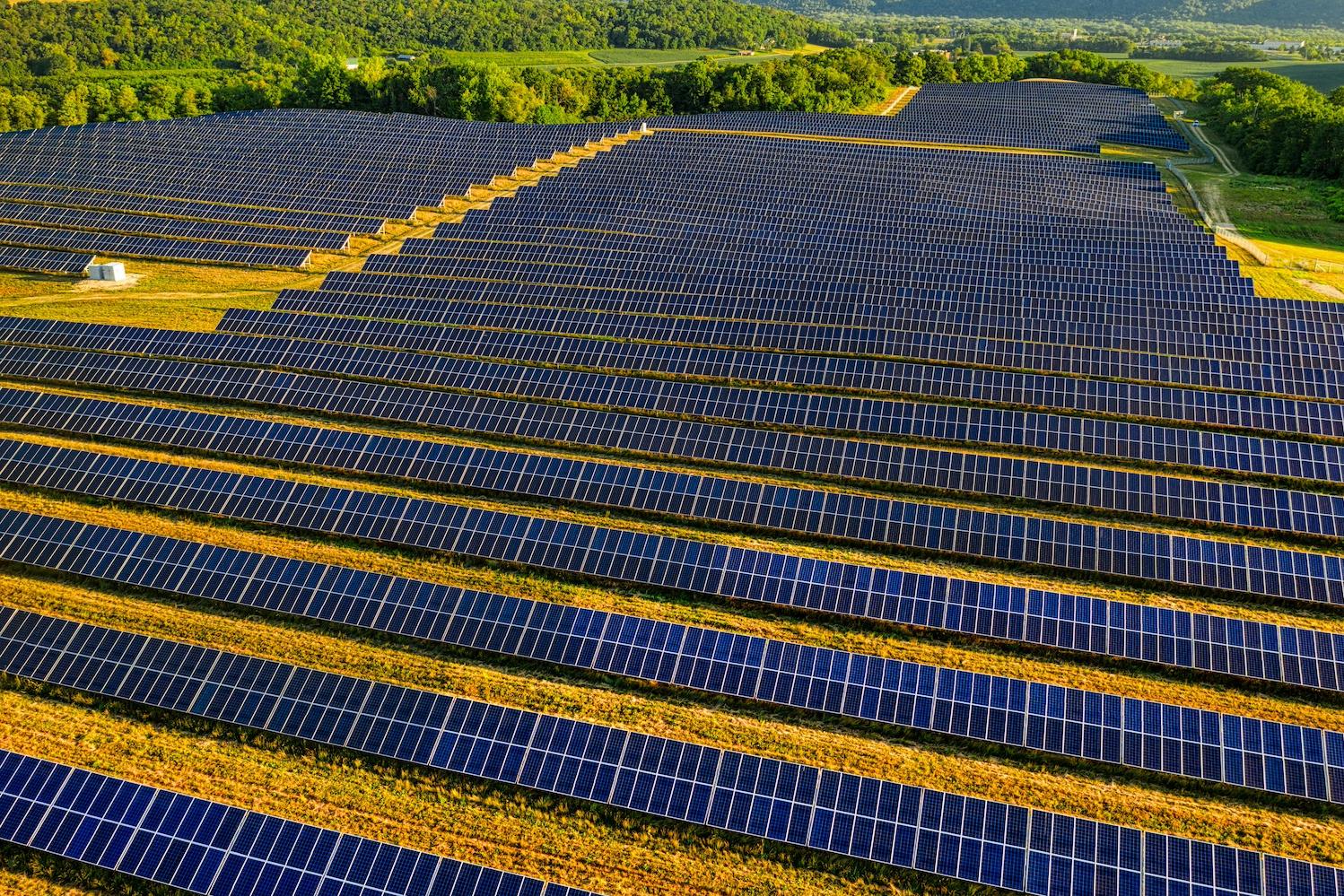
(Image: Tom Fisk/Pexels)
Communities with high electricity demand can face rising costs over time. Two climate-focused companies are working together to bring lower energy bills and economic growth to Arkansas through a new large-scale commercial solar project. It is set to be the fourth-largest university deployment of renewable energy in the United States and the largest commercial and industrial solar project in the state's history.
The nonprofit Climate United is providing $31.8 million in financing for the early stages of Scenic Hill Solar’s energy development project with the University of Arkansas, which includes developing 18 new solar projects while creating new job opportunities in the region. Climate United's funding comes from $6.97 billion provided by the U.S. Environmental Protection Agency’s National Clean Investment Fund. The fund supports sustainability projects and makes clean technologies more cost-effective.
"All these solar projects are very complex to execute,” Beth Bafford, CEO of Climate United, told TriplePundit. “This is across 18 sites, across 13 utility districts and it involves a lot of different players. So they all come with complexity, but we're excited to be working with a partner who's shown an ability to get projects done.”
University of Arkansas can expect cost savings and health benefits
The project is projected to save more than $120 million in energy costs over the next 25 years. In addition, it offers environmental benefits equivalent to cutting the emissions that would be generated from driving cars for 7 billion miles.
"One of the most obvious benefits for the university is savings on electricity as well as predictable electricity pricing," said Bill Halter, CEO of Scenic Hill Solar.
Aside from cost savings, solar energy is proving to provide health benefits. Research shows that from 2019 to 2022, wind and solar generation provided $249 billion in climate and air quality benefits in the U.S. More specifically, the health benefits of solar energy derive from reducing harmful air pollutants such as sulfur dioxide and nitrogen oxides, which are common emissions from coal and natural gas power plants. These pollutants are linked to respiratory and cardiovascular diseases.
The solar project is also integrated into the university’s academic and research activities, Halter said. The university has programs about renewable energy construction and electric vehicle repair.
The complexity of solar development
While solar energy offers multiple advantages, costs and complexity are often high.
“This is the fourth largest university of solar in the country, but it is by far the most complicated deployment,” Halter said. "We will be rolling out the construction and the completion of these different projects through 2025 and halfway through 2026."
Managing time and complexity is critical for successful solar projects. Key elements that impact commissioning times are project size and land requirements, new technologies and customization, geographic and climate considerations, and market factors such as the availability of local labor and financing.
When asked what else can be done to support solar projects, Halter said government support and more market competition are important for other businesses to enter the clean energy sector and deploy similar projects on such a large scale.
“We need to have consistency and stability in the policy environment,” Halter told 3p, noting the Inflation Reduction Act has been beneficial in making investments more predictable.
There should also be space for third parties to enter the solar market and compete with existing utilities, so customers have more choice, Halter said.
Looking ahead, the Climate United team is exploring opportunities to expand within Arkansas and ways to work with other local developers across the U.S., Bafford said.
"This initial transaction has given us a lot of important lessons on how to get this done through this federal program,” Bafford said. “And we're really excited to expand that work in every corner of the country over the next few years.”

Rasha is a freelance writer with experience in communications, marketing, and program management. She is a Toronto Metropolitan University's School of Journalism graduate and has worked on various media and communication campaigns across both nonprofit and private sectors. Rasha is passionate about storytelling for impact, whether she focuses on social enterprise, transforming our food system or making the business world more inclusive.














